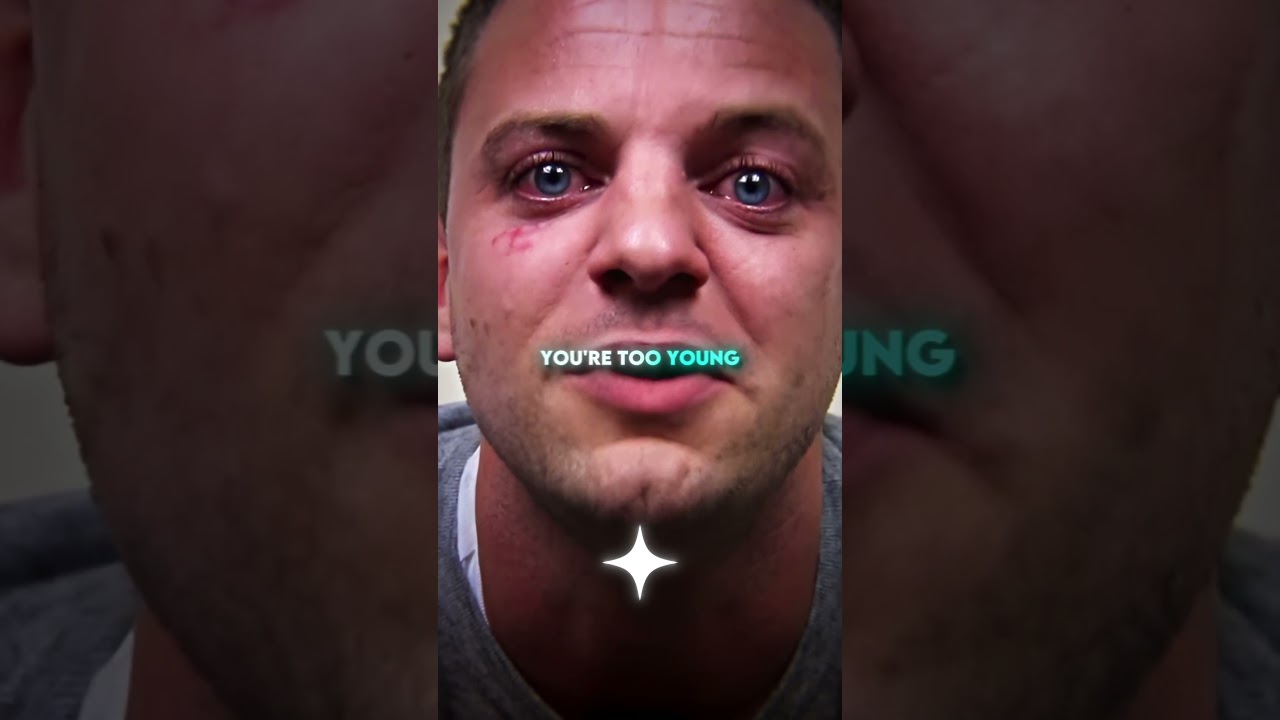Addiction is not just an individual struggle; it’s a family affair. The emotional journey families embark on when dealing with addiction is often filled with a storm of feelings that leave them overwhelmed. Parents, in particular, wade through a sea of anguish, fear, and guilt as they navigate their loved ones’ struggles with substance use. This emotional landscape is complex and deeply entwined with the fabric of daily life, creating an ongoing battle that requires resilience and unwavering hope.
Understanding this emotional journey is the first step in fostering compassion and healing. By shedding light on the various emotions families experience, we can help foster understanding and create a sense of community. When parents find others who share their experience, it can provide solace during the most painful times. It’s key that no one feels isolated; together, there’s strength in vulnerability.
At Mothers Against Addiction, we encourage parents to tap into their emotional wellbeing. With the right support, it’s possible to navigate through turbulence and find a path toward healing. The emotional highs and lows become more manageable as families learn to embrace hope, find strength, and hold each other close, illuminating the power of connection during times of crisis.

Top 7 Emotions Experienced During Recovery and Their Significance
Recovery from addiction isn’t a straightforward road; it’s more like a rollercoaster of emotions. Here’s a closer look at the top seven feelings often encountered during this challenging journey:
Shame can be a heavy burden, and it often weighs down those struggling with addiction and their families. Just like renowned actress Demi Lovato shared her battles, many families recognize that these feelings often stem from societal stigma. Acknowledging shame allows parents to reclaim their self-worth and encourage their loved ones to do the same.
Hope acts as a beacon amid the chaos of recovery. Kim and Ken O’Brien, whose son faced opioid addiction, found new strength and optimism through community networks like Al-Anon. When parents focus on hope, it shifts their perspective, motivating them toward a future where they believe better days lie ahead.
The raw anguish that comes from losing a child to addiction is indescribable. Take, for instance, the heartbreaking story of the late actor Philip Seymour Hoffman; it showcases how addiction’s grip can leave lasting scars. This profound sense of loss underlines the importance of seeking support as families mourn and heal together.
The journey through recovery often leads individuals to new heights of empowerment. As they reclaim their lives, they begin taking proactive steps toward healing. Activist Ryan Hampton transformed his struggles into a call for action, encouraging others to find their agency and seek help.
Compassion becomes vital on this journey. Parents must learn to extend empathy not just to their children but also to themselves. Take Elton John; after battling his own addictions, he became an advocate for mental health, inspiring many to understand that everyone deserves compassion.
Fear frequently stalks the path to recovery. The uncertainty of what lies ahead can cast shadows over even the brightest days. A mother, who shares her experiences through a blog, chronicles fears that encompass both setbacks and victories with her child’s recovery. This honesty resonates with many and speaks to the universal nature of fear in the healing process.
Amidst the emotional upheaval, gratitude often blossoms. Families reflect on their recovery and begin to appreciate their support networks. Organizations like Mothers Against Addiction encapsulate these sentiments, serving as pillars of support and fostering gratitude among families who connect through shared experiences.

The Role of Emotional Intelligence in Recovery
Emotional intelligence plays a pivotal role in nurturing resilience during recovery. It involves understanding one’s emotions and handling them effectively while interacting with others. Research from the University of California highlights that individuals with higher emotional intelligence typically manage stress better than those without.
Programs focusing on emotional intelligence teach vital skills that empower families. Skills like emotional regulation and self-awareness can significantly enhance overall wellbeing during this difficult journey. When parents develop emotional intelligence, they can create safer, more supportive environments.
Teaching emotional intelligence equips families with strategies to navigate the storms of addiction and recovery. When families join together in this pursuit, they foster resilience, creating a nurturing atmosphere for healing.

Building a Compassionate Support Network
Creating a network built on compassion is essential for those embarking on the recovery journey. Support can come from family, friends, therapists, and groups like Nar-Anon and SMART Recovery. Each connection reverberates with shared experiences, providing strength and understanding crucial for healing.
Consider the collaborations between local organizations and families; they form an invaluable partnership where shared experiences help cultivate hope. These support networks create a ripple effect; when one family thrives, others feel encouraged to do the same.
It’s not about going it alone; it’s about building a community that understands the struggles. Compassionate networks allow families to communicate openly, share resources, and foster resilience together.

The Future: Cultivating Hope and Resilience
Looking ahead, the focus on empathy-driven initiatives is vital for the future of addiction recovery. Thanks to ongoing education and awareness, communities can create landscapes that nurture resilience. The National Council for Mental Wellbeing’s “Mental Health First Aid” training empowers individuals with skills to support those affected by addiction.
This emphasis on emotional wellbeing enriches dialogues surrounding hope and recovery. As families learn to navigate their feelings, they promote connections that deepen understanding and compassion. Healthy communities are built on empathy, and shaping this environment is crucial.
From the depths of anguish to the uplifting moments of recovery, the emotional journey is rife with challenges and triumphs. Each step taken on this winding path honors the spirit of resilience that exists within us all. As we embrace our vulnerabilities, understand our emotions, and seek support, we light the way toward healing—and a brighter tomorrow.

Emotional Insights: The Journey of Resilience and Hope
Emotions and Their Impact
Emotions are a vital part of our healing journeys. They can shape our stories, influencing our paths to recovery in ways we often don’t realize. Take, for instance, the story of Frank Dipascali, who faced down his struggles head-on. His life reminds us how confronting our emotional landscape can be a powerful step toward resilience. Emotions are not just fleeting feelings; they help us connect to our experiences at a profound level. You can dive deeper and explore what emotions truly mean within the context of addiction recovery by learning more about them here.
Interestingly, studies show that animals can profoundly affect our emotional states as well. For example, a white golden retriever could be just the companion someone needs on their path to recovery. Often, just having a pet around can provide comfort and unconditional love, making them essential to many people’s support systems. The emotional bond with such creatures often promotes healing and serves as a reminder of hope and joy, especially when life feels overwhelming.
Trauma and Its Effects
Understanding trauma can also play a crucial role in recovery. Many of us might ask, “What does it mean to define trauma? Well, trauma can take many forms, and understanding its nuances can help individuals navigate their emotional journeys more effectively. By exploring the various definitions of trauma, people can better identify their experiences and seek tailored help when necessary. This understanding fosters resilience and prepares them for difficult moments ahead.
On a lighter note, did you know that Richard Gere, a well-known actor, was born in 1949? For those interested in fun facts, wondering How old Is Richard gere might seem random, but it’s a reminder that everyone has their challenges, regardless of their public image. Just like celebrities, individuals dealing with addiction and trauma can find strength and resilience in their emotional journeys, making each person’s story uniquely valuable.
Contingencies and Supports
When we talk about emotional resilience, sometimes it helps to have backup plans or contingencies in place. Understanding how to define contingency can empower individuals to prepare for setbacks during their recovery. Emotional processing doesn’t follow a straight path, and contingency plans can help modulate tough moments. Having resources, support networks, and coping mechanisms set up can greatly assist during difficult phases of recovery.
Last but not least, let’s celebrate new beginnings and the joy they can bring! For those looking for light-hearted cheer, there are endless baby announcement Ideas that capture the happiness of fresh starts. Every baby is a little bundle of hope, much like the hope we hold for those on their paths to recovery. Each of these joyful announcements carries with it a reminder that love and support can fuel the emotional journey toward resilience, enabling individuals to overcome challenging conditions and find their footing again.
In the end, journeys marked by emotional turbulence remind us all that with adequate support and resilience, brighter days truly lie ahead!





























